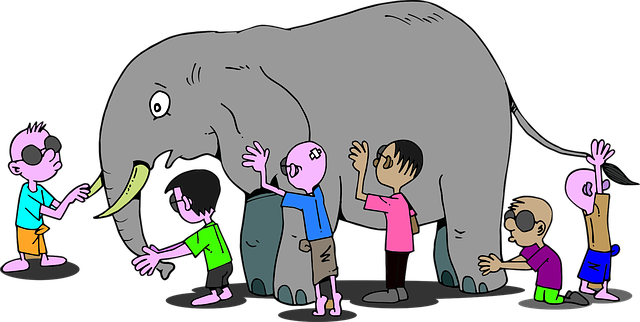Let me be blunt about this. A real long-term sustainable anxiety change requires work on our thoughts. A strategic, focused and repetitive approach to wrangling up, challenging and putting problem thoughts out to pasture has to be part of a solid anxiety treatment plan. I don’t want to pretend this isn’t critical. What I do want to convey, however, is that there are many things we can do to support our ability to address our thoughts and overcome our anxiety. Best of all, many of you will agree, they don’t require even breaking a sweat!
Here are 5 ways we can set up our successful anxiety counterattack:
Belly breathe more often. Breathing is a necessity of life that usually occurs without much thought. When you breathe in air, blood cells receive oxygen and release carbon dioxide. Carbon dioxide is a waste product that is carried back through your body and exhaled. Improper breathing can upset the oxygen and carbon dioxide exchange and contribute to anxiety, panic attacks, fatigue and other physical and emotional disturbances. Most people often get into the habit of chest breathing, that is breathing in a way that expands the chest and shoulders. Typically, this is a shallow and rapid habit of breathing. In order to make sure we are fully oxygenating our bodies, properly expelling carbon dioxide and soothing our central nervous system, we need to belly breathe more. To do this, inhale slowly and deeply through your nose. Keep your shoulders relaxed. Your abdomen should expand, and your chest should rise very little. Exhale slowly through your nose or mouth as your belly pulls back in toward your spine. Repeat this as often as you think to do so. With time and practice, you’ll slowly shift from your autopilot chest breathing to this healthier way of belly breathing.
Apply pressure on your wrist. Acupressure is an ancient Chinese healing method. It involves putting pressure with your fingers or the hand on certain points of your body to unblock the flow of Qi and release tension to restore inner harmony. I think we all agree, when we’re feeling anxiety we are definitely not experiencing inner harmony! The great thing about acupressure is that it is something you can do on your own so subtly that you can use this technique wherever you are when anxiety strikes. This is just one of many acupressure points to help with anxiety. Apply pressure with your thumb at the point where your wrist forms a crease with your hand. Press on the pinky side of your wrist. Hold the acupressure point for about 2 minutes, applying a generous amount of pressure.
Cut down on caffeine. Okay, full disclosure, I’m writing this sipping on a coffee… But, taking anxiety and other things into account, I’ve begrudgingly figured out my caffeine limit and this coffee is my last one of the day. I’m what one might call a practical health nut. That is, I need pretty convincing and good reasons to limit things I like. Caffeine, and for me that almost entirely means coffee, definitely falls into that category. As a powerful stimulant, caffeine revs up our system and often creates physiological effects similar to anxiety: agitation, restlessness, twitching, dizziness, increased heart rate to name a few. So in order to help your anxiety without lifting a finger, simply acknowledge that caffeine may be increasing your anxiety and experiment with cutting back.
Sing a song (inside your head). I stumbled into this one by accident when I was a kid visiting my cousins. My cousin Katie had a stuffed animal that sang the song “I Whistle a Happy Tune”. For some reason, I loved that song, committed it to memory and sang it (inside my head of course) whenever I felt afraid. It worked like a charm! I expanded that experience from fear of the boogeyman and continue to use that song to disrupt my looping, worrisome thoughts or to switch tracks when I catch myself overanalyzing things I just said to someone. As a little aside, it was almost 40 years later that I found out was from the popular 1950’s musical King and I.
Reach out and make a social connection. One solid way to help us with mental wellbeing that ranks as high as good sleep and eating our veggies is to make and maintain connections with friends and family. Well, assuming family doesn’t totally stress you out. We are social beings and the need for a connection to others is built into our DNA. Unfortunately, and I know from experience, makes social anxiety particularly difficult. But taking time out of your busy day to catch up with a friend, join a book club and prioritize their meetings, or talk to the cashier as you’re checking out will help you with your anxiety. And totally worth turning these little connections into a routine or habit.
These 5 things aren’t the ‘silver bullet’ type of anxiety help. But they are totally in the ‘it takes a village’ type of help.
It’s easy to underestimate or blanketly dismiss this type of help without even trying. For some counterintuitive reason we tend to overvalue big, hard to do things and brush off easier things as not being worth it. If you feel like bucking the system, give these a try! You’ll be pleasantly surprised!











